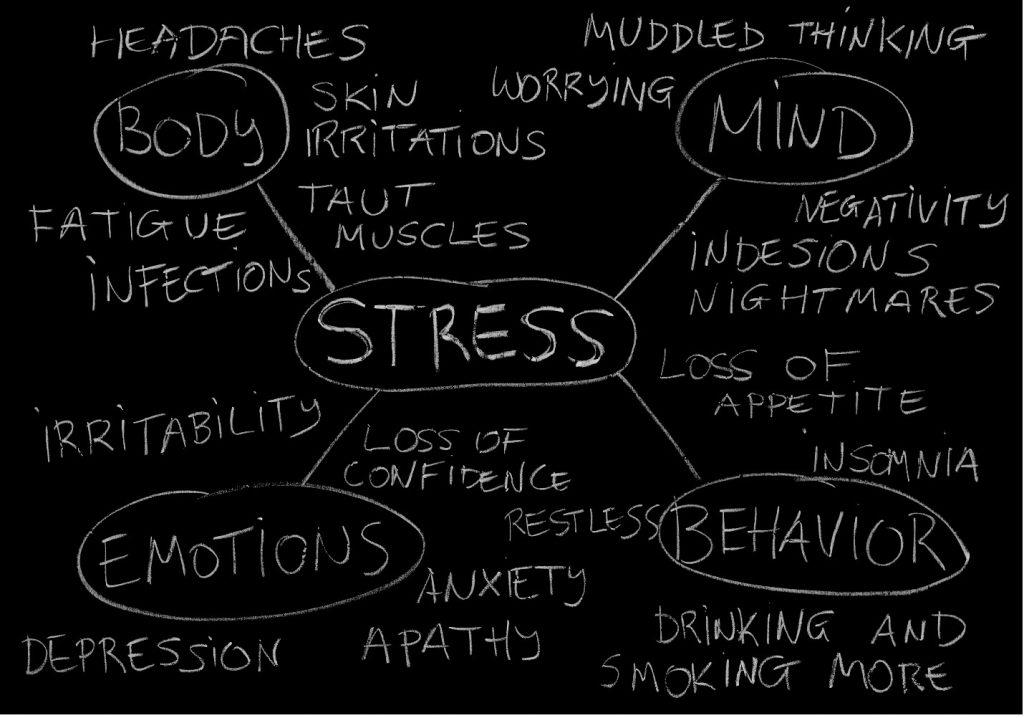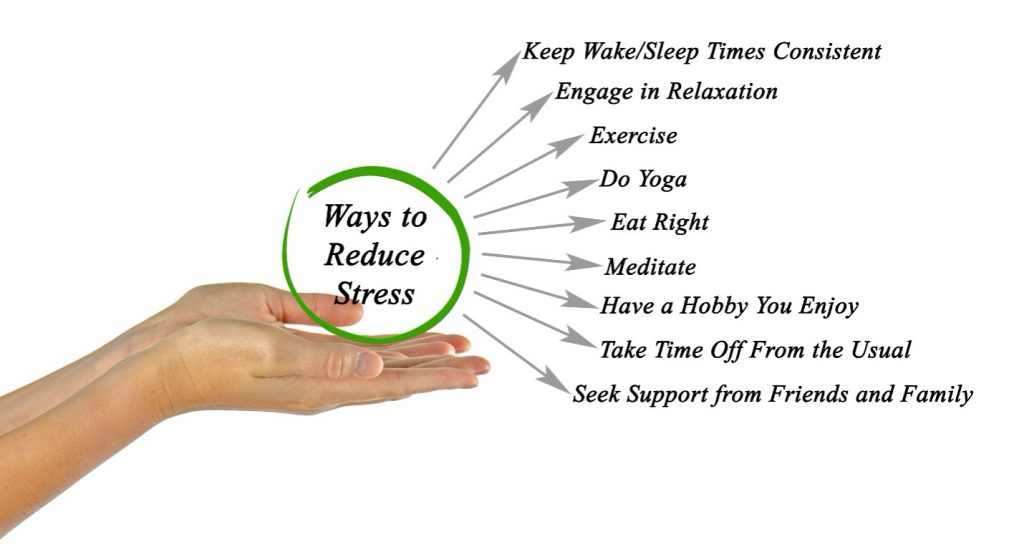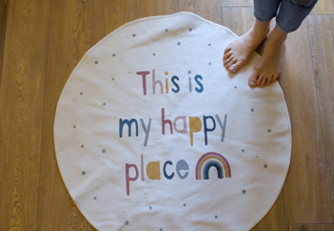This is a collaboration blog by Erika Del Sordo and Meredith Kimmel, ACC. This blog can also be found at www.MeredithKimmel.com
When we initially think of the word “stress” we instantly think “bad.” But there are good types of stress, too! Planning a wedding, having a baby, buying a home or even starting a new job. Those are happy occasions in life. But continuous, negative stress can have a HUGE impact on your entire nervous system. So much so that when your health starts to deteriorate under stressful circumstances, you may not realize that it’s only an unhealthy stress response. Many times, you can repair stress damage by simply managing your stress in a more positive way, or eliminating it altogether.
Life Transformation Coach, Meredith Kimmel, ACC explains what types of effects stress can have on the body AND the brain, and how the two tie together.
Kimmel says, “Stress is sometimes referred to as the “silent killer” and is part of our evolutionary make up, in fact it dates back to when our ancestors had to use the fight or flight response. This worked well then, but in our modern society where we have all the creature comforts, we have little need for the fight or flight response. However, that instinct is still there and manifests itself as stress.”
She adds, “What we do need are coping mechanisms for how to deal with stress. Our brain receives and interprets a message from our external sources and then we internalize that message. You and I could be looking at the same stimulus, receive the same message, but the message you internalize is different than the message I would internalize because we interpret that message through our filters. Then our brain tells us a story about that message that we interpreted through our filters. Just because our brain tells us this story, doesn’t make it true. This is where stress can come in because if we don’t evaluate that message we receive to see if it is valid or not, we can begin to act on imperfect information. This is when the brain begins to affect the body.”
“One suggestion that I have is to take a split second to evaluate the message, determine if it is true, and then either act on it if it is true, or dismiss it if it isn’t true. When you take this action, you are operating with conscious awareness.”
“Another way to manage the effects of stress on the body is when you begin to feel that onset of stress, move your body. If you can’t get up and walk around, move your arms, torso, and legs. Sure, you may look silly if anyone catches you doing this, but who cares, you are kicking stress to the curb.”
“Stress really does need to be dealt with because it can lead to so many of the illnesses that are killing our society. Stress can lead to weight gain and obesity is linked to so many killers as well. The good news is stress can be managed and kept in check.”
“In addition to the above, you can do the following to manage stress:
1. Exercise – Get that body moving.
2. Journal – A writing practice is a great way to sort out the stories you are living and change the filters that are processing the messages your brain receives.
3. Consume Healthy Food – Eat well and stay away from alcohol and other substances. Binge or stress eating/drinking can have terrible consequences.
4. Have a conversation with a friend – Talking helps people verbalize and process what they are going through to come up with new strategies and solutions.
5. Get plenty of sleep – Rest is great for recharging your internal battery.”

The pandemic, brought on a whole different set of issues that forced a lot of mental health talk in 2020 that has pushed the issue into 2021:
People started going back to work.
Children went back to school.
Relationships ended.
Relationships began.
We all had to readjust to what normal looked like prior to 2020.
Again, these issues made me turn to the expert, Meredith Kimmel, ACC:
“2020 and so far into 2021 have been unprecedented times. We never experienced anything like this before and all of humanity experienced the same thing. We didn’t know what to do, so we looked to our governments and authorities to guide us on how to navigate this pandemic. Stress manifests when we don’t know how to handle an uncomfortable situation. This is why you do interview preparation before you meet with a potential new employer. If you know what is coming your way, you are prepared to handle it. The Coronavirus essentially came out of leftfield and one day we were in our routines, and the next day the world seemed like it was turned upside down. We had to adapt, and we had to adapt quickly. Sure, humans are very capable of adapting and also very resilient, but on the flip side we also experience stress.”
“There is a theory and I subscribe to it that humans have three brains, the head brain, the heart brain, and the gut brain. Your head brain is your logic center, your heart brain is your emotional center, and your gut brain is your intuition center. You’ve heard the saying “go with your gut”, this is referring to listening to your intuition. I passionately believe that your gut brain will never steer you in the wrong direction, whereas logic and emotion may.”
“One of the things that I recommend doing to combat stress is to tune into your own intuition and make your decisions from this perspective. Listen to what your body (gut) is telling you. You may be out of tune with your intuition and that could be because you are only using logic or emotion to guide you. This ties into what I was saying before about your filters and the stories your brain (head brain in this case) is telling you. Your intuition is not guided by the narratives you tell yourself.”
“I guarantee you; you will feel a lot better and a lot less stressed if you tune into your intuition and listen to how your gut brain is guiding you.”
“Another thing that brings up a lot of stress is how we communicate with each other. Communication, or lack there of, is a source of huge contention in relationships. We worry that we may hurt our partner’s or friend’s feelings if we bring something up, so we may cowardly sweep the issue under the rug. This solves nothing and in fact prolongs the inevitable conversation that usually will be worse than if the conversation was had initially.”
“Increasingly, we are living in a society where we don’t talk to each other or want to talk to each other. We text, post comments on social media, or send an email. We need to talk to each other. We need human interaction, and the pandemic ended that for us.”
Kimmel adds, “Managing stress is key to not only having good mental health but good overall health. As Erika stated above, there are good forms of stress, and they can be really motivating and positive. On the flip side the negative forms of stress can be really devastating and are very much avoidable by taking the right steps.”
I mean, as I sit here with all of these thoughts, I just flipped through a new magazine sitting on my desk. As divine intervention would have it, I literally flipped to a page that has an ad for an app to boost mindfulness. That was all of the confirmation I needed that Coach Kimmel and I are on the right track in wanting to get the word out to help those trying to get back to their “new normal” for 2021 and beyond.
If you learn how to manage stress, your mental health will be in a better place too!

Erika Del Sordo Productions, LLC
www.TodaysTalkwithErika.com
www.ErikaDelSordo.com
ErikaDelSordo1@gmail.com
Mobile app, YouTube Channel, IMDb page & more:
www.linktr.ee/Todays_Talk_with_Erika
Meredith Kimmel, ACC
mk@meredithkimmel.com
www.meredithkimmel.com








